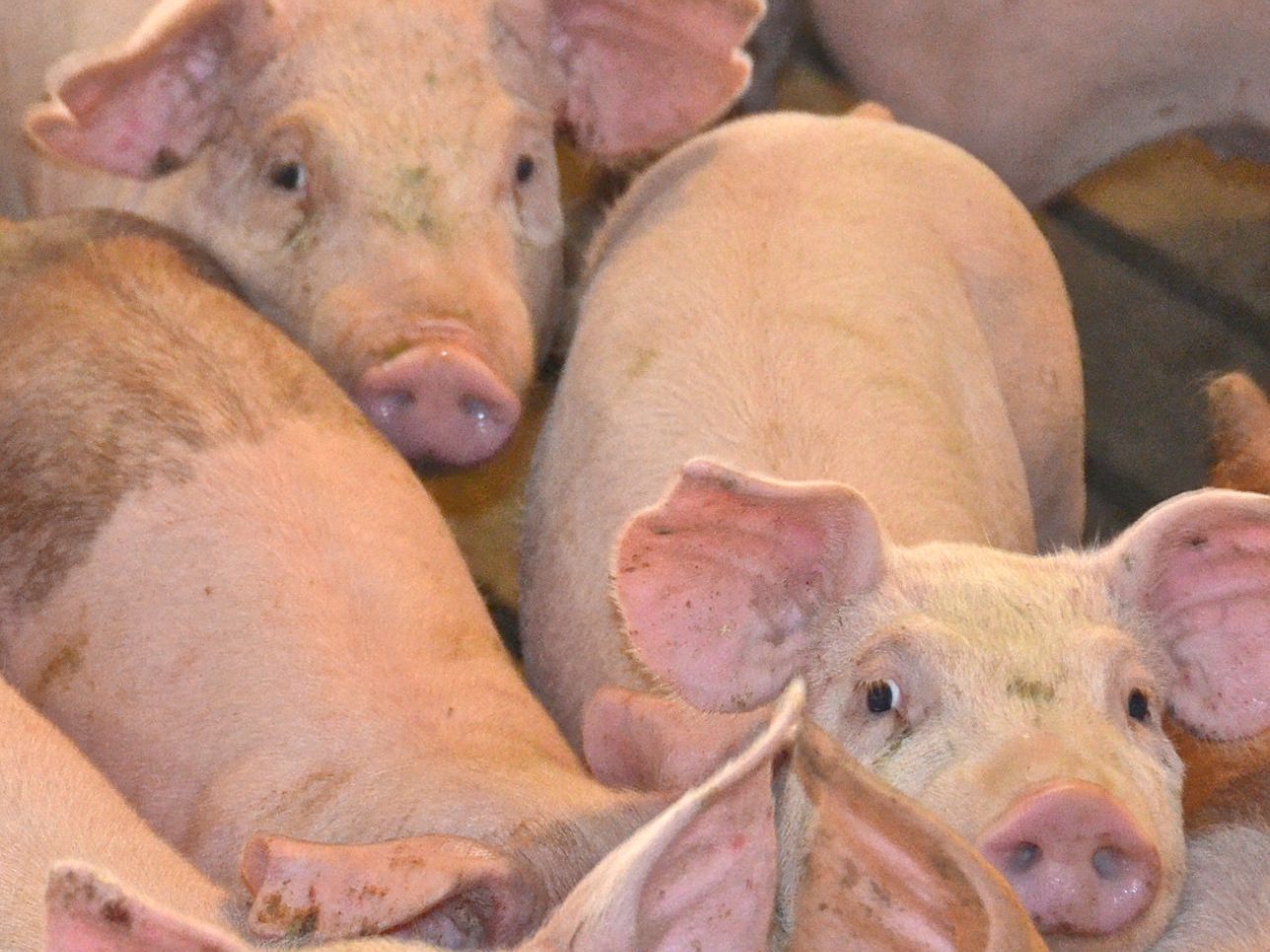The National Pork Producers Association succeeded through negotiation in getting the state of Massachusetts to relent on one interpretation of a hog-welfare law similar to California’s Proposition 12 known as Question 3. It could have prevented non-compliant pork from transiting the state—even if its destination was outside the state.
Since Massachusetts is a major warehouse and logistics center for the entire New England region, that would have resulted in major hardships for pork producers and shippers.
Despite that limited win, “other lingering issues remain” with Question 3 provisions, according to Michael Formica, the NPPC’s chief legal counsel. Aug. 23 was the implementation date for Question 3.
That’s one example of the tough landscape the NPPC and its members are having to navigate in the wake of National Pork Producers v. Ross, the May decision in which the United States Supreme Court upheld California’s Proposition 12. Prop 12 set standards for humane treatment of pigs—including space requirements—that many hog raisers say they cannot meet and still make money. The most controversial part of Prop 12 was that California banned the importation of non-compliant pork.
The details of a post-Ross world are still being worked out. Formica said that Prop 12 in California covers whole cuts of uncooked pork—but not cooked meat, ground pork or sausage. In Massachusetts, sausage is not covered but ground pork is. He said this could have big impacts on Italian and Asian restaurants, where pork is a popular protein.
The news about Question 3 emerged in a media event that NPPC held on Sept. 12. Most questions were fielded by Scott Hays, president of the board of NPPC, and Formica.
To the question, “What is ‘climate-smart pork,’ and are pork producers participating in the USDA’s climate smart program?” Formica replied, “Pork, right now, is already climate-smart, with a low carbon footprint. Producers minimize inefficiencies and strive to create a closed loop out of all their inputs and outputs. They welcome better uses of manure, and bio-gas developments that harness ethane—including turning into a feedstock that travels via pipeline.”
Pork production emits 0.4% of all greenhouse gases, he said. In the past 50 years, pork producers have reduced land-use by 75%, water use by 25% and energy use by 7%.
Some members will undoubtedly participate in climate-smart programs. “These practices aren’t new,” he said.
Formica admitted the group has limited legal options to fight Prop 12. The NPPC is sharing information with producers about how to comply with California’s requirements but is not collecting data on which of its members are choosing to do business in California. The NPPC notes that compliance involves large costs to producers that will be passed on to consumers. In some cases, producers need to build new buildings. “Some of our members are not willing to bet the farm that consumers will pay those costs,” said Hays. He noted that pork prices in California have recently risen by 27%.
With regard to the EATS Act (Ending Agricultural Trade Suppression Act), a bill in Congress that would limit states’ ability to set standards for agricultural products in other states, Hays said, “We don’t want 50 different markets … This goes beyond the pork industry.” The NPPC has endorsed the EATS Act. But it remains controversial among farm interests. While some oppose Proposition 12, they remain uneasy about a bill federalizing a response.
David Murray can be reached at [email protected].




